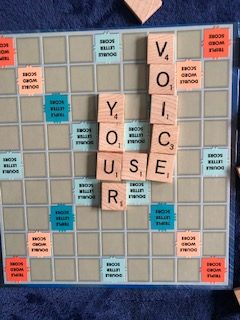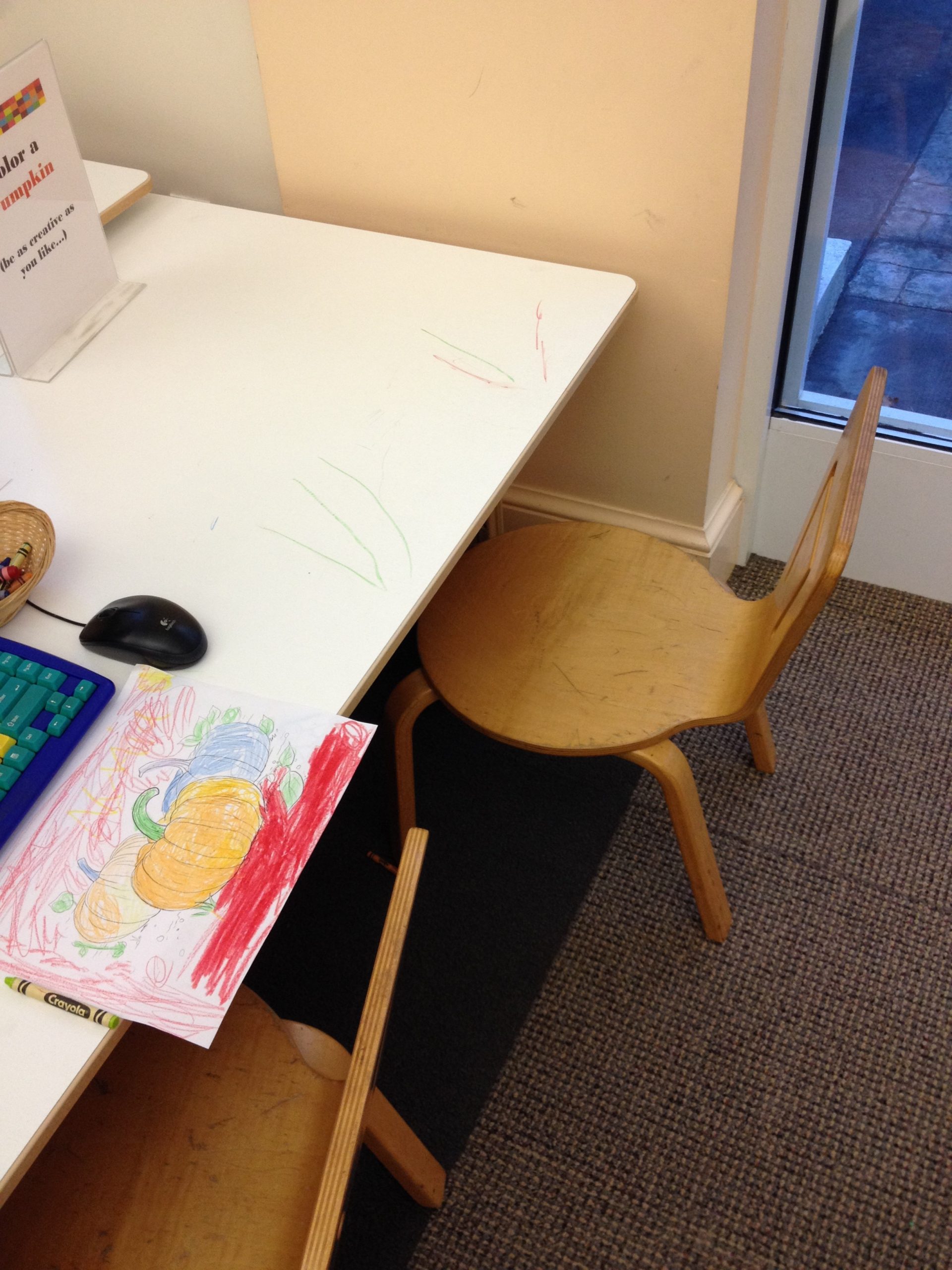Student voice in the classroom is important to their learning. They need to make meaningful decisions about how and what they learn. However, the educational system determines what is learned. The teachers decide the method. Also, standardized tests determine the amount of learning.
Most classroom goals want students to be self-motivated responsible learners, they must have a voice and a choice. In other words, they need power over their education. Once a student believes it matters what they think and say, they have power over their education. Thus, students commit to their education and the school. On the other hand, as schools make all the decisions, students are less motivated. They are more passive in the classroom.
Promote Student Voice
To give students a voice they must actively engage in what’s happening in the classroom. At the beginning of the year or in a new semester, start with restorative circles. These talking circles build and restore relationships through sharing and listening. The circles give students time to think. Also, they give students the skills to encounter a conflict. Thus they allow students to use their voice and speak to be heard.
Many classrooms have choice boards for students to use their voices. These boards can be used virtually or handwritten. Students decide the activity they do and the objective to master. Therefore, they can decide the activity on their interests.
Additionally, group or teamwork enables the student to develop teambuilding skills as well as interpersonal skills. Groups also help students build leadership skills.
Importance of Student Voice
Through a student’s voice, their opinions, briefs, perspectives, and values are understood. Also, there is an understanding of the cultural backgrounds of everyone. Thus, an understanding of what matters comes to the forefront. As student voices are heard, they feel valued. Through the voices of students, necessary changes may be made to the future of the world.




